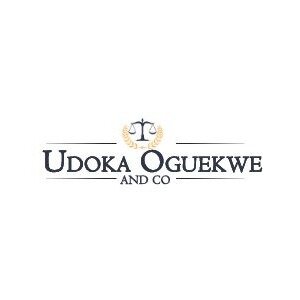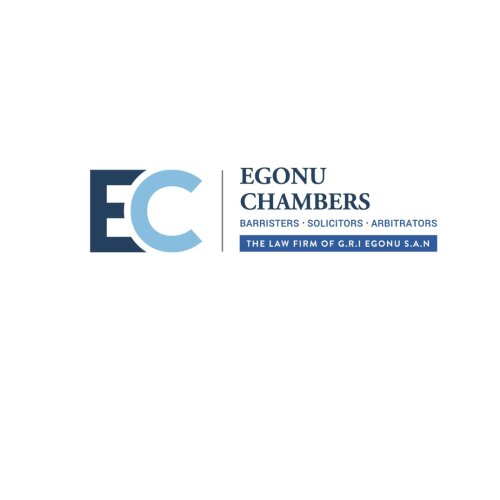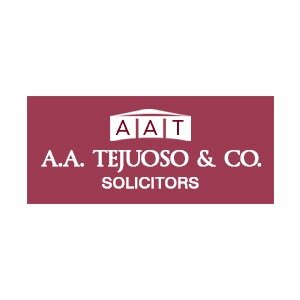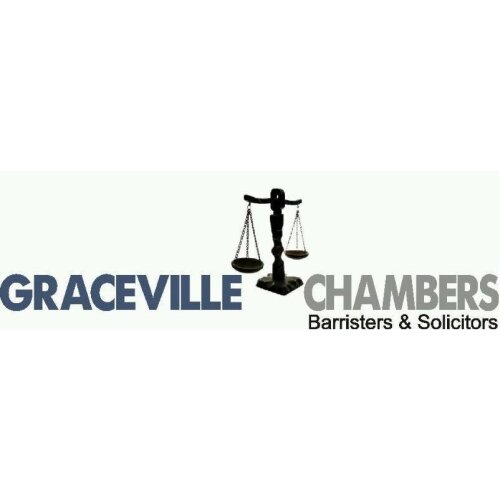About International Law in Nigeria
International law in Nigeria encompasses a wide range of legal principles and standards that Nigeria adheres to based on its participation in the global community. This includes treaties, conventions, and agreements across various areas such as human rights, trade, environmental protection, and diplomatic relationships. Nigeria's commitment to international law reflects its dedication to maintaining robust relations with other countries and complying with global norms. The country is a signatory to numerous international treaties which shape its domestic laws and policies.
Why You May Need a Lawyer
Engaging a lawyer with expertise in international law may be crucial for various reasons. Common scenarios include:
- Disputes involving international trade agreements or contracts with foreign parties.
- Need for legal representation in cross-border mergers and acquisitions.
- Understanding and complying with international human rights obligations.
- Complexities arising from immigration matters or issues related to nationality law.
- Assistance with maritime and aviation law as they pertain to international regulations.
- Resolving cases involving foreign direct investments and related disputes.
Local Laws Overview
Nigeria's legal system is influenced by its colonial history and utilizes a combination of English common law, Islamic (Sharia) law, and customary law. Key aspects of local laws that intersect with international law include:
- Treaty Implementation: Nigeria must often pass domestic legislation to implement international treaties effectively.
- Human Rights Protections: The Constitution of Nigeria incorporates international human rights principles that guide local legal standards.
- Trade Policies: Nigeria's trade laws are aligned with international trade agreements, such as those under the World Trade Organization (WTO).
- Immigration Laws: Nigeria's immigration regulations reflect international norms and conventions on migration and refugees.
Frequently Asked Questions
What is the role of international law in Nigerian courts?
International law can be applied in Nigerian courts, particularly if the country has ratified the treaty or convention. However, incorporation into domestic law is typically required for enforcement.
How does Nigeria handle disputes coming from international trade agreements?
Nigeria resolves such disputes typically through arbitration and mediation frameworks, often abiding by international arbitration rules such as those from the United Nations Commission on International Trade Law (UNCITRAL).
Are international treaties automatically binding in Nigeria?
No, international treaties must be domesticated through legislative processes before they become binding under Nigerian law, in line with Section 12 of the Nigerian Constitution.
What is Nigeria's stance on international environmental agreements?
Nigeria is committed to various international environmental protocols, including the United Nations Framework Convention on Climate Change (UNFCCC), aimed at combating climate change and ecosystem preservation.
How does Nigeria protect human rights in line with international standards?
Nigeria's Constitution incorporates key human rights recognized by international norms, and the country is a party to many human rights conventions, including the African Charter on Human and Peoples' Rights.
What are the legal processes involved in foreign investment in Nigeria?
Investing in Nigeria typically involves compliance with regulations by the Nigerian Investment Promotion Commission (NIPC), ensuring investments align with national development goals and international economic policies.
Can Nigerian lawyers represent clients in international legal matters?
Nigerian lawyers can participate in international legal matters, especially if they are registered as foreign legal practitioners in other jurisdictions or work in firms that operate internationally.
What international organizations is Nigeria actively involved with?
Nigeria is a member of several international organizations, such as the United Nations (UN), African Union (AU), Economic Community of West African States (ECOWAS), and the Commonwealth of Nations.
How is maritime law governed in Nigeria with respect to international conventions?
Nigeria adheres to international maritime conventions, like the International Maritime Organization (IMO) standards, and has enacted domestic laws reflecting these standards to regulate maritime activities.
Is there legal aid available for international law issues in Nigeria?
Legal aid in Nigeria is primarily accessible for domestic legal issues, though certain international-related cases may seek support from pro bono initiatives and NGOs focused on legal assistance.
Additional Resources
For those seeking further assistance, the following resources and organizations can be beneficial:
- Nigerian Bar Association (NBA): Provides a directory of lawyers specializing in international law.
- Nigerian Investment Promotion Commission (NIPC): Offers guidelines and assistance for foreign investors.
- Ministry of Foreign Affairs: Handles diplomatic matters and offers insights on Nigeria's international relations.
- Legal Aid Council of Nigeria: Provides legal support, although primarily domestic, with occasional advice for international matters.
Next Steps
If you need legal assistance in international law in Nigeria, consider the following steps:
- Identify the specific area of international law where help is needed-trade, human rights, immigration, etc.
- Consult with a lawyer experienced in that specific area. The Nigerian Bar Association (NBA) can help find a qualified attorney.
- Gather all necessary documentation and evidence pertinent to your case before initial consultations.
- Understand the fee structures and payment terms involved in obtaining legal services.
- Follow the lawyer’s advice on procedural and legal matters to ensure compliance and effective resolution.
Lawzana helps you find the best lawyers and law firms in Nigeria through a curated and pre-screened list of qualified legal professionals. Our platform offers rankings and detailed profiles of attorneys and law firms, allowing you to compare based on practice areas, including International, experience, and client feedback.
Each profile includes a description of the firm's areas of practice, client reviews, team members and partners, year of establishment, spoken languages, office locations, contact information, social media presence, and any published articles or resources. Most firms on our platform speak English and are experienced in both local and international legal matters.
Get a quote from top-rated law firms in Nigeria — quickly, securely, and without unnecessary hassle.
Disclaimer:
The information provided on this page is for general informational purposes only and does not constitute legal advice. While we strive to ensure the accuracy and relevance of the content, legal information may change over time, and interpretations of the law can vary. You should always consult with a qualified legal professional for advice specific to your situation.
We disclaim all liability for actions taken or not taken based on the content of this page. If you believe any information is incorrect or outdated, please contact us, and we will review and update it where appropriate.

















